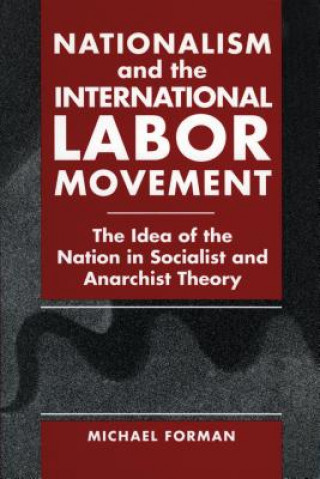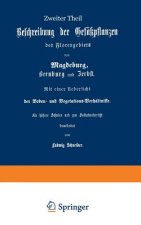
Kézbesítés
Vásárlási tanácsadó





Nem vált be? Semmi gond! Nálunk 30 napon belül visszaküldheti
 Ajándékutalvány
bármilyen értékben
Ajándékutalvány
bármilyen értékben
Ajándékutalvánnyal nem nyúlhat mellé. A megajándékozott az ajándékutalványért bármit választhat kínálatunkból.
Nationalism and the International Labor Movement
 Angol
Angol
 98 b
98 b
30 nap a termék visszaküldésére
Ezt is ajánljuk


The resurgence of nationalism accompanying the decline of communism has been taken to indicate the failure of socialist theory to grasp the nature of this phenomenon. Against both those who argue that the radical tradition has ignored and underestimated nationalism and those who accuse it of economic reductionism, this careful analysis of the idea of the nation as it was developed in the work of the major thinkers of the international labor movement reveals evidence of how seriously they grappled with nationalism. Each of the main sections of the book focuses on the most influential theorists of the international labor movement as it became organized and grew: Bakunin, Marx, and Engels and the concern of the First International (1864-1876) with class solidarity across political borders; Lenin, Luxemburg, and Bauer and the preoccupation of the Second International (1889-1914) with socialism in ethnically plural societies; Stalin and Gramsci in relation to the substitution by the Third International (1919-1943) of nation-building and national liberation for the old class project. In the conclusion, the author examines the relationships among ethnic and civic nationality, national self-determination, republican institutions, and the process of globalization from the perspective of the post-Soviet era and in the light of social theory and Kant's ideas about cosmopolitan right.
Információ a könyvről
 Angol
Angol


 Kapcsolat
Kapcsolat Hogyan vásároljunk
Hogyan vásároljunk



























